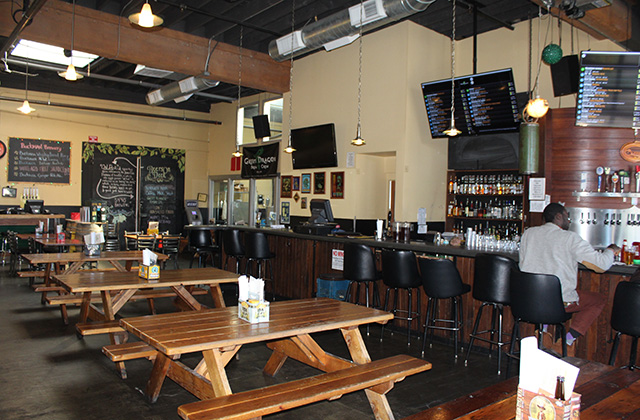
What would your brewery staff do if an underaged customer ordered a beer?
You hope that they would ask to see the individual’s ID, and upon spotting their birthdate, they would turn that person away. The young person would be disappointed, but safe. And your brewery would be in the clear, having kept within the boundaries of the law.
But what if the brewery is particularly busy? What if someone called in sick, so the bar staff is shorthanded? What if that underage customer didn’t look younger than 21?
There are many reasons why an underaged individual could be served at a craft brewery, and there are many repercussions that would result. For instance, when a California regional brewery was cited for selling alcohol to minors in a 2013 decoy operation by police, the incident made the news. It turns out there actually is such a thing as bad publicity, and the ABC took official action.
That was bad for the brewery, but ultimately, the situation might have turned out for the best. Management reiterated to staff the importance of their TIPS training and the need to check patrons’ IDs before serving them. Most importantly, no injury resulted. Sadder but wiser, the brewery has continued to thrive in the wake of this incident. But, of course, not every liquor liability situation has such a positive ending.
“There’s a lot of risks for craft brewery owners to consider,” said Richard Beall, principal of Beall Brewery Insurance.
“But it is so important to remember that liquor liability is among the top three most severe craft brewery losses. Legal action resulting from underaged drinking or serving a patron to the point of intoxication could deplete a brewery’s reserves if they didn’t have the right liquor liability coverage, and could do lasting damage to the brewery’s reputation.”
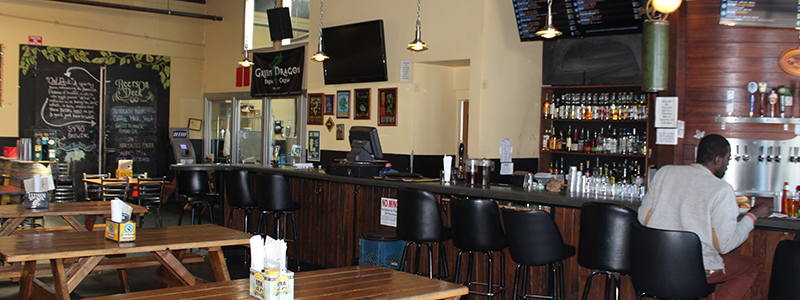
Fortunately, every craft brewery has a built-in force to fight against liquor liability exposure: its staff.
But for that force to be effective, the brewery has to arm it — and that means plenty of training.
Brewery staff should be trained so that they are knowledgeable about liquor liability issues, and are prepared to help the brewery avoid any liquor liability incidents as well as to keep customers safe.
Training can take place at the brewery or off-site in a paid program such as LEAD (Licensee Education on Alcohol and Drugs) or TIPS (Training for Intervention ProcedureS). Your brewery insurance carrier may even offer training. Beall Brewery Insurance even works with a carrier that offers a low-cost, web-based training program for breweries insured with its craft brewery insurance package.
However you choose to train your employees, be sure that they learn about:
• Administrative, criminal and civil liability
• Local ordinances
• State laws and regulations pertaining to
1. Underage drinking
2. DUI (driving under the influence) laws
3. Hours of operation
• Signs and stages of intoxication
• Age identification
• Prevention and intervention
• Server responsibility for guest safety
• Brewery policies
• How to handle intoxicated guests, illegal activities and potentially violent situations
Before training begins, ensure your employees understand how much is on the line. After all, a liquor liability claim could impact the brewery’s ability to stay in business, and employees’ future there. But it’s also important for your team to understand that anyone involved in serving alcohol could potentially be held liable for damages or injuries in which alcohol is found to be a contributing factor.”
That means brewery tasting room staff could be liable if they are found to have served a patron past the point of intoxication, or they are found to have served a minor.
“Liquor liability insurance can protect a brewery facing a claim after a traffic accident or other incident, but it is far better to eliminate the opportunity for such claims to be filed in the first place,” said Beall. “Well-trained employees are a brewery’s first line of defense.”



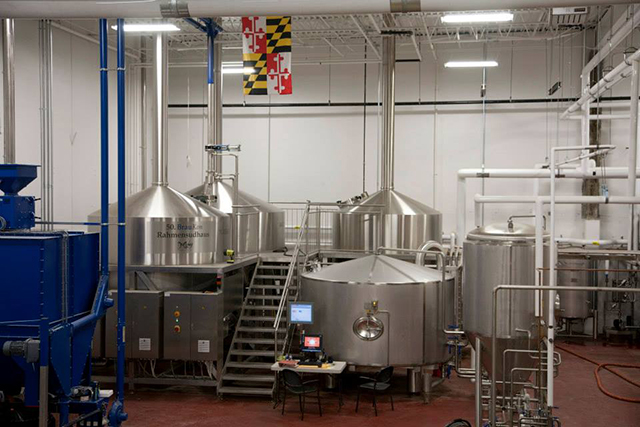
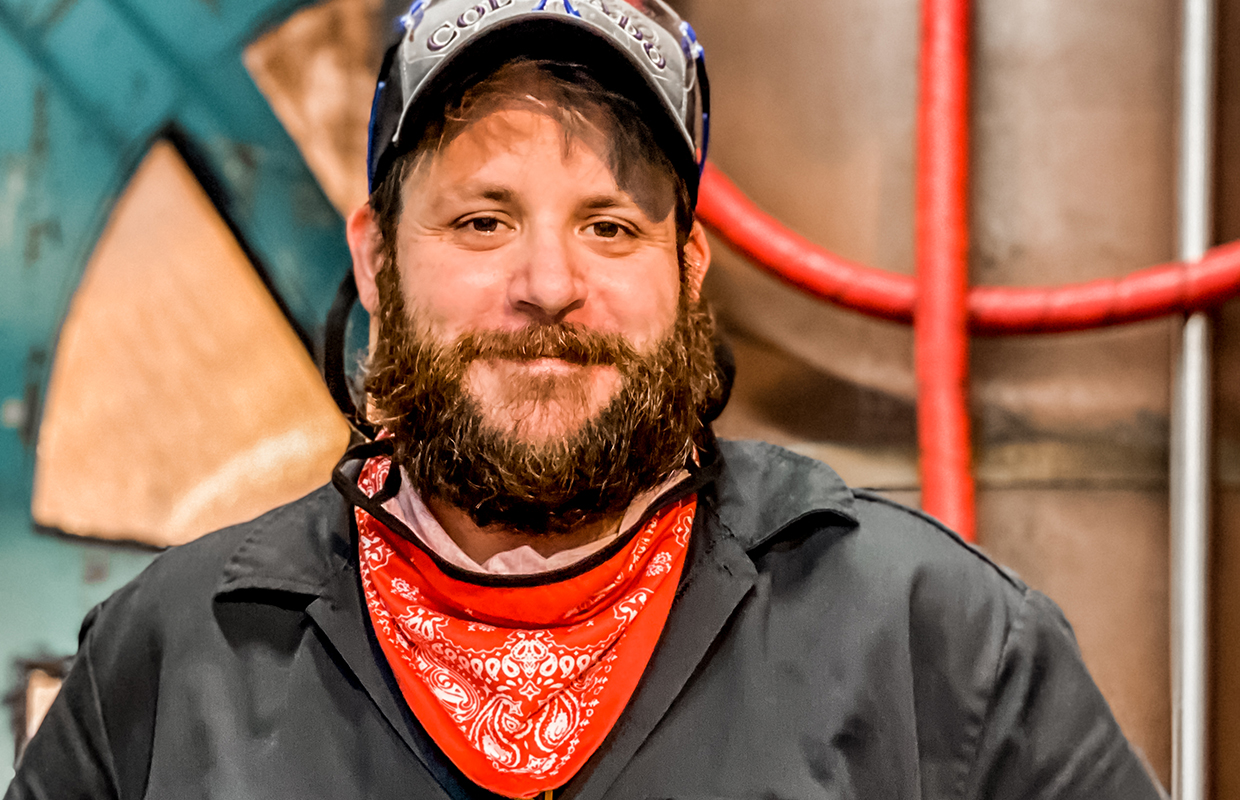
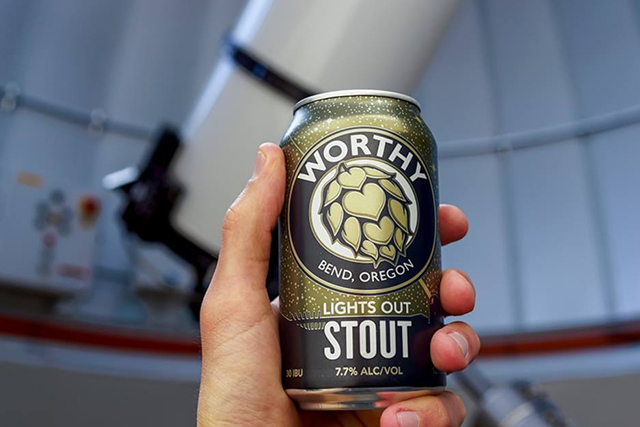
In the long run, looks like the brewery was lucky it was an undercover decoy and not a patron. I know how busy it can get in the service industry but it only takes one slip to bring down a business. Your training points are excellent, thanks!